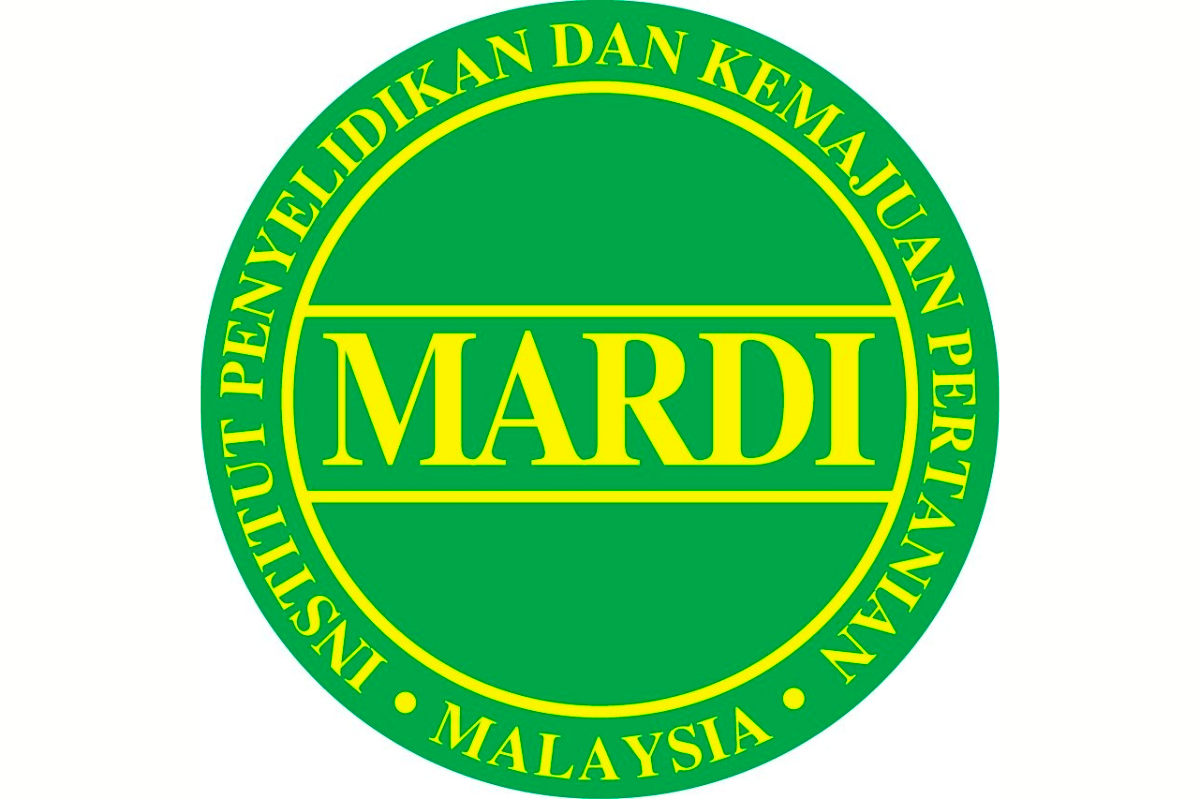KOTA BHARU: The Malaysian Agricultural Research and Development Institute (MARDI) has introduced a shallot cultivation technique that has the potential to reduce the country’s reliance on imported shallots, thereby bolstering national food security.
Through its latest research, the institute has developed a method that combines the use of disease-resistant varieties, scheduled planting systems, and high-tech farm management.
MARDI assistant research officer Farhanim Mohamed said the technique is capable of producing premium-quality shallots with yields of up to 15 tonnes per hectare, depending on proper soil management practices.
“Our country currently imports almost all of its shallots from countries such as India and Thailand.
“If more farmers apply this method, we will not only be able to reduce import costs, but also increase the income of local farmers and ensure a more stable supply,” she told Bernama at the Kelantan MADANI Rakyat (PMR) 2025 programme here today.
Farhanim said MARDI also encourages the public to make use of available space at home to grow shallots.
“Cultivation of shallots at home is easy and can be done using pots, planters, or small plots, as long as there is sufficient sunlight.
“This method involves selecting healthy shallots, planting them half-submerged in loose soil, and watering them once a day to ensure optimum growth. The recommended growing medium is a mix of garden soil, bris soil, compost, and sand, with a pH of around 6.0 to 7.0,” she said.
She added that shallots can be harvested after 90 to 100 days, while young leaves can be picked as early as three weeks for cooking purposes.
In addition to being easy to grow, home cultivation of shallots can help reduce kitchen expenses, provide a fresh supply of cooking ingredients, as well as contribute to national food security.
“Here, MARDI is ready to provide guidance from the first day of planting until the harvesting process,” she said.
The three-day Kelantan PMR 2025, which runs until tomorrow, is led by the Ministry of Science, Technology and Innovation (MOSTI) in collaboration with the Implementation Coordination Unit, Prime Minister’s Department (ICU JPM), and supported by various other ministries and government agencies.
The programme offers over 100 services to the public, showcases the latest technology, and presents various initiatives to engage with the community through the comprehensive MADANI Government approach. - Bernama









